Democratic
presidential candidate Barack Obama is challenging John
Edwards's claim as the antipoverty candidate, speaking of
his work with the inner-city poor just as Edwards has
championed the downtrodden in rural mountain
districts.
The two hit
strikingly familiar themes Wednesday in competing speeches
on an issue that usually gets little attention in
modern presidential politics but Democrats have pushed
to the forefront.
Obama spoke in
the Washington neighborhood of Anacostia as Edwards
wrapped up an eight-state poverty tour in Wise, Va., and
Prestonsburg, Ky., deep in the hardscrabble region of
the Appalachian Mountains of the eastern United
States.
Both invoked a
Democratic icon of a previous age, Robert F. Kennedy, who
drew attention to the country's poor some four decades ago
before he was assassinated.
Speaking at the
Floyd County courthouse in Prestonsburg, where Kennedy
ended his poverty tour in 1968, Edwards said he wants
''America to remember what he did decades ago. I want
you to join us to end the work Bobby Kennedy
started.''
Obama alluded to
Kennedy's tour and repeated a question that Kennedy
uttered throughout his address: ''How can a country like
this allow it?''
The first-term
Illinois senator argued that he has had a long-standing
interest in helping the poor, dating to his first job after
college as a community organizer in Chicago. The
remark was a veiled jab at Edwards, a wealthy lawyer
who was born poor.
''This kind of
poverty is not an issue I just discovered for the purposes
of a campaign; it's the cause that led me to a life of
public service almost 25 years ago,'' Obama said.
Edwards's
spokesman, Eric Schultz, responded by saying, ''This is
another example of Edwards leading on the issues and
other candidates following.''
Edwards, the 2004
vice presidential nominee, said his interest in poverty
was not born of politics. He said his background was so
humble that his father had to borrow $50 to bring him
home from the hospital when he was born. Although John
Edwards eventually became a successful trial
lawyer, he said he continued to fight for the less fortunate
in his legal career and as a North Carolina senator
and beyond.
''Poverty is the
cause of my life,'' he said in his prepared remarks. ''I
worked on it before I got into politics.''
Obama's first job
was working for a coalition of churches on Chicago's
south side, seeking to help rescue a troubled neighborhood.
He has been a state legislator and taught at a law
school.
Before entering
politics, Edwards was on the board of Urban Ministries, a
religious group that helped the poor near the North Carolina
capital, Raleigh. He also established the Wade Edwards
Learning Lab, in honor of his late son, to help
disadvantaged children with their schoolwork.
After losing the
2004 election, he helped establish a poverty center at
the University of North Carolina.
Obama vowed to
''retire the phrase 'working poor' in our time.'' Edwards
said he would eliminate poverty within a generation.
Besides trying to
one-up each other on their antipoverty credentials,
each also tried to portray himself as a Washington outsider.
Both blamed Washington for failing to help the poor.
''The streets
here are close to our Capitol but far from the people it
represents,'' Obama said. ''They suffer most from a politics
that has been tipped in favor of those with the most
money and influence and power.''
''Washington's
response has been, 'Greed is good,''' Edwards said in an
echo of Michael Douglas's signature line from the 1987 movie
Wall Street.
Both also said
the problem cannot be solved by Washington alone, but
families also must be strengthened. Both candidates promised
to fight the move of jobs overseas, raise the minimum
wage, invest in education and create transitional
jobs. (Nedra Pickler, AP)







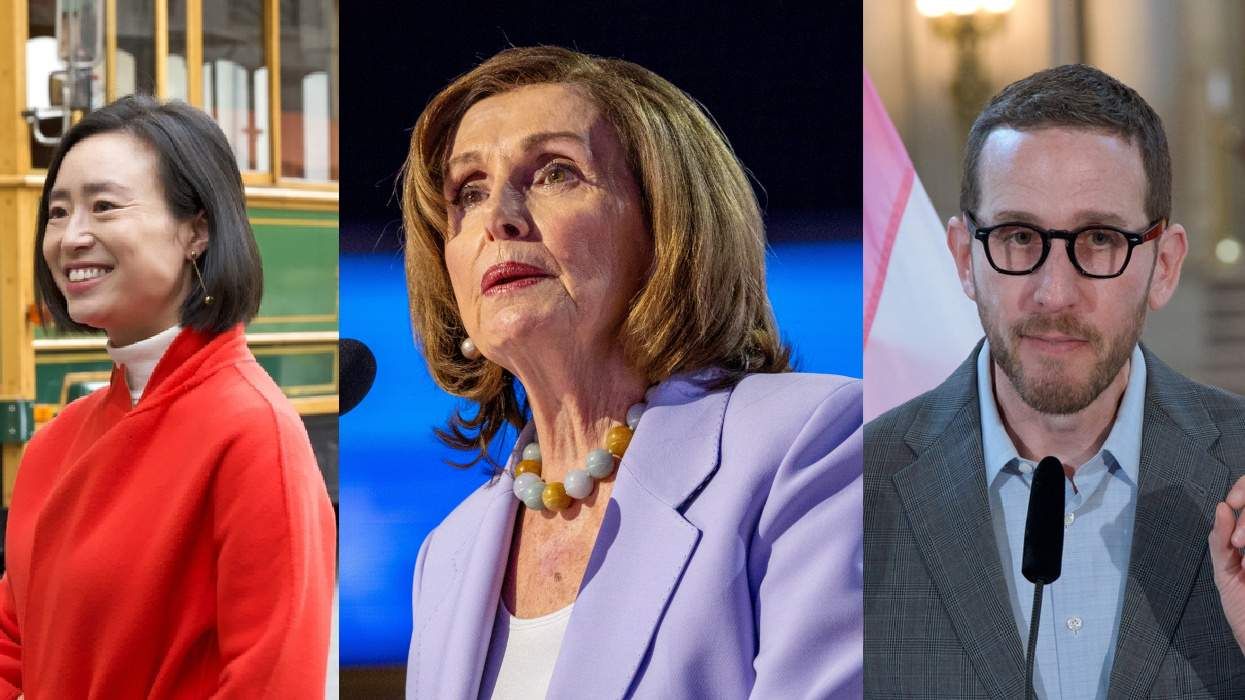
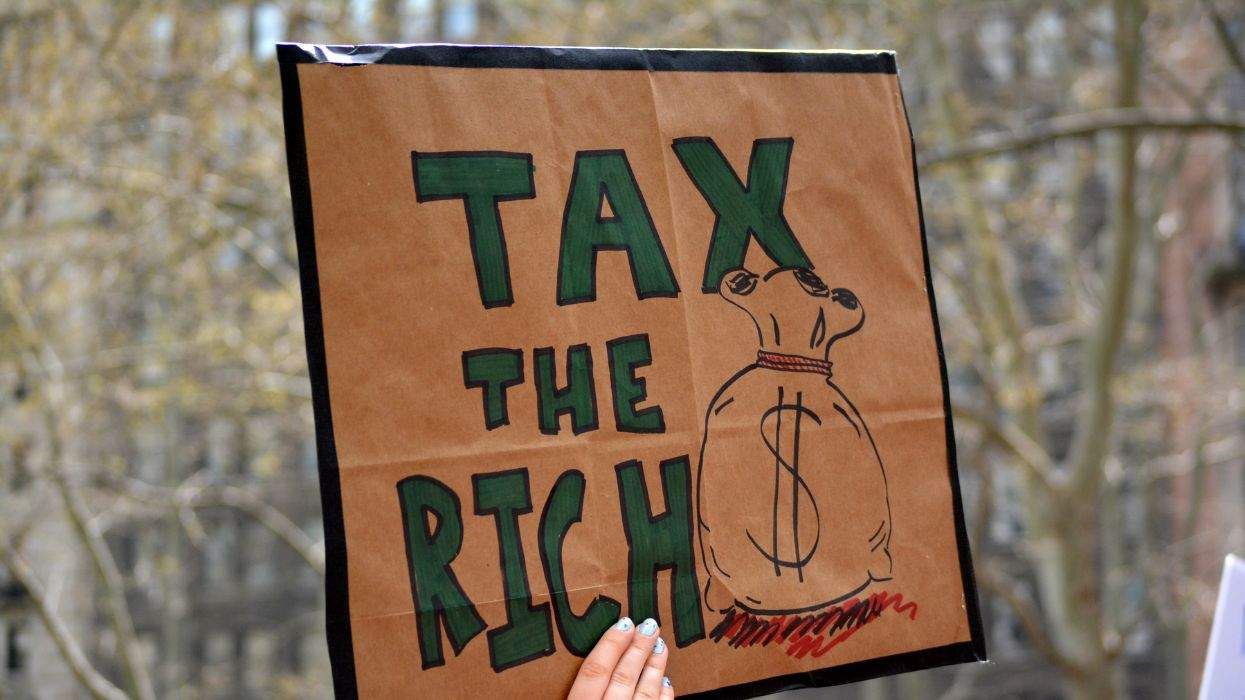
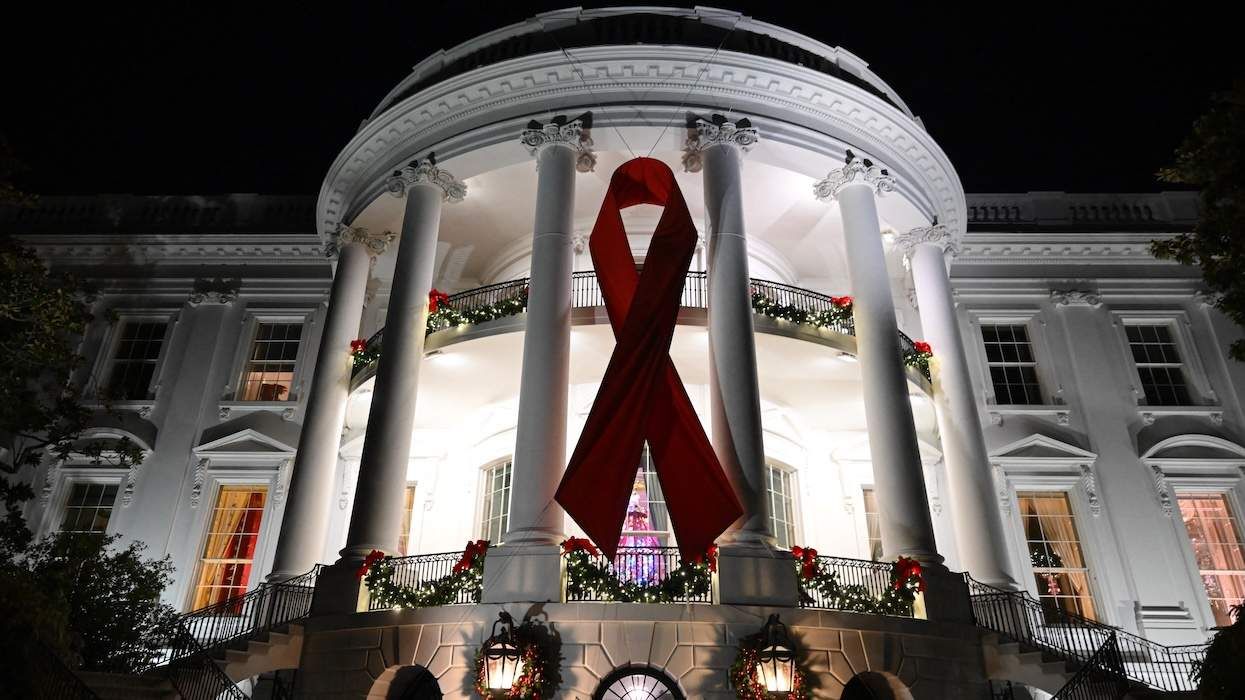
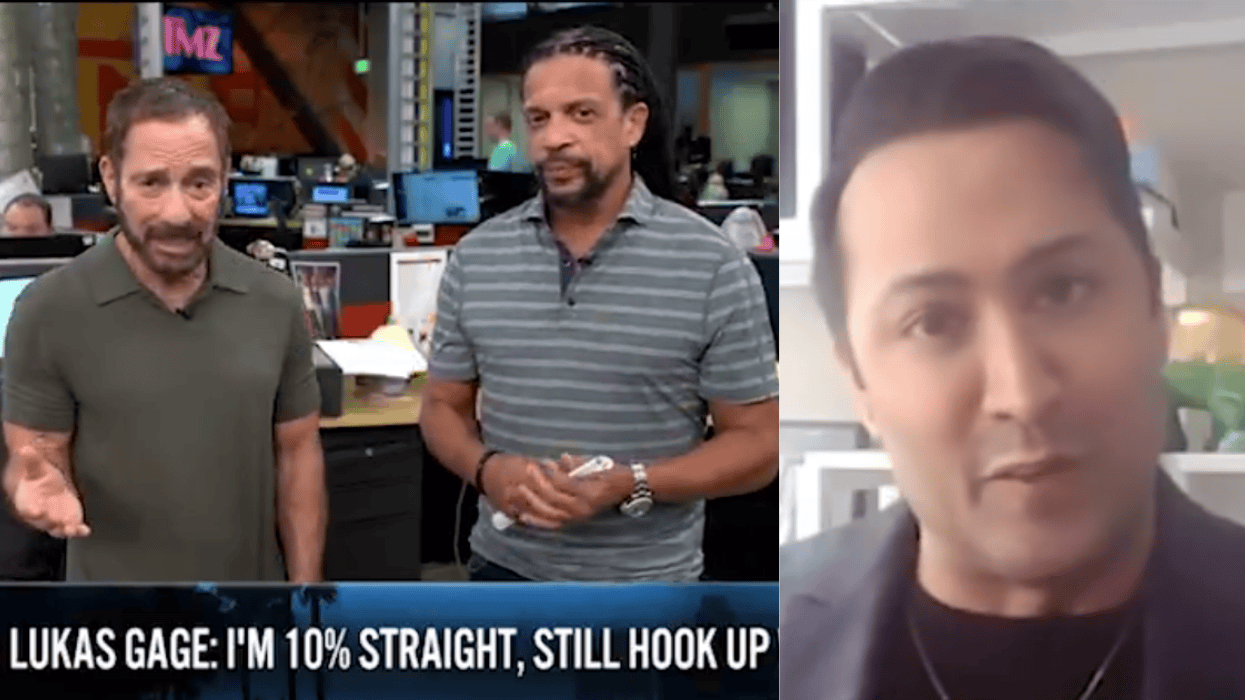
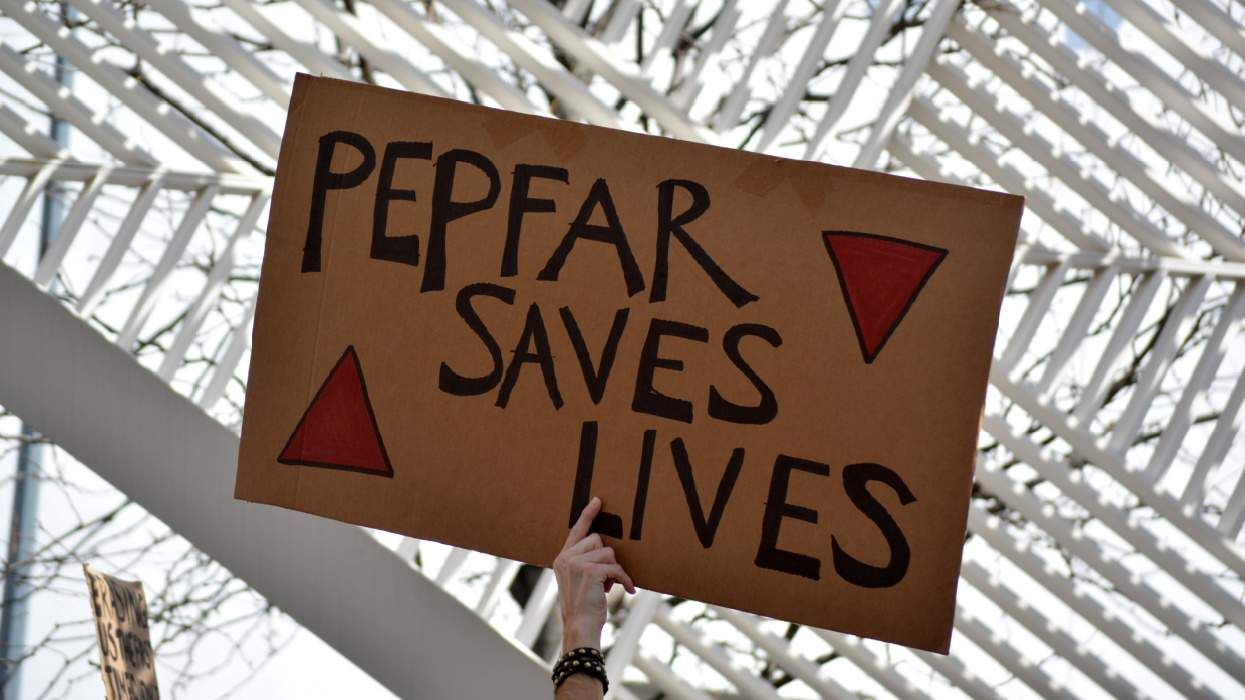
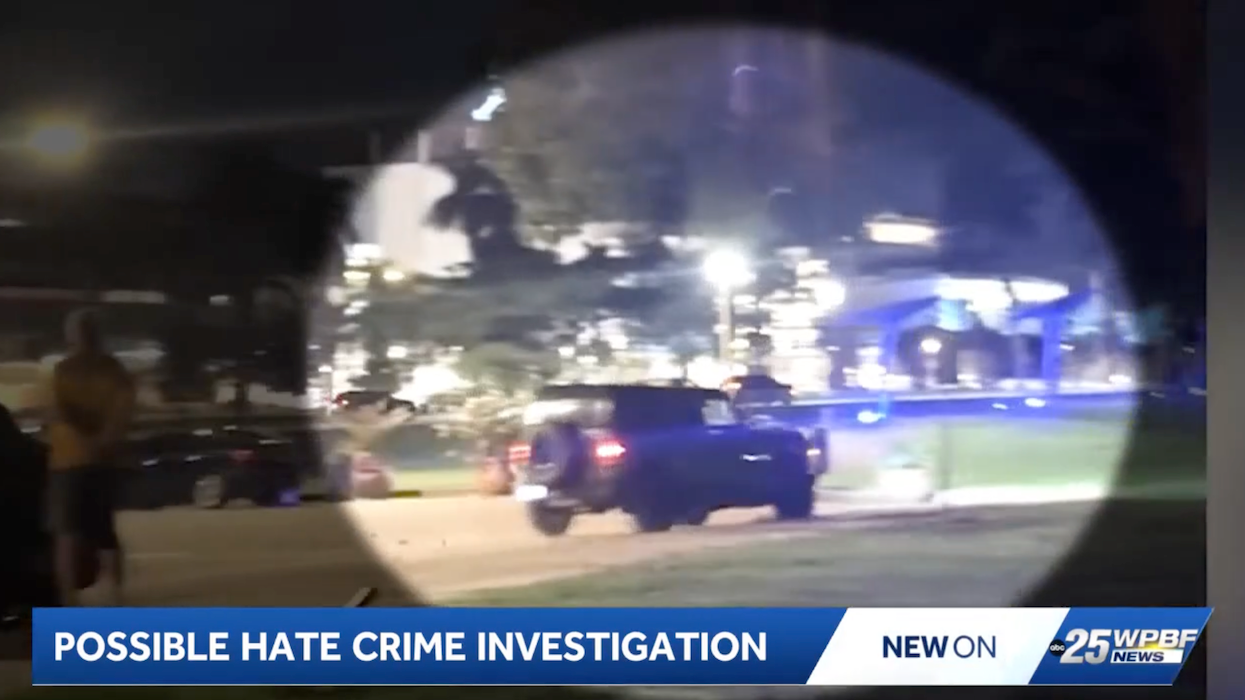
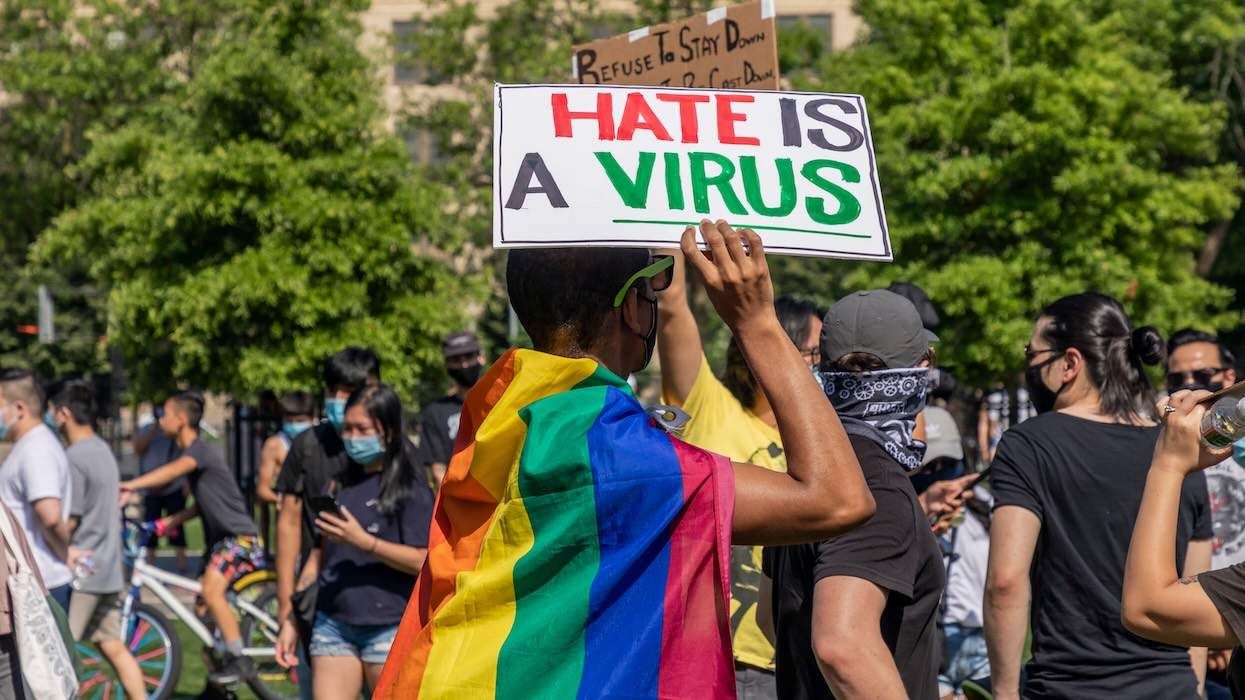



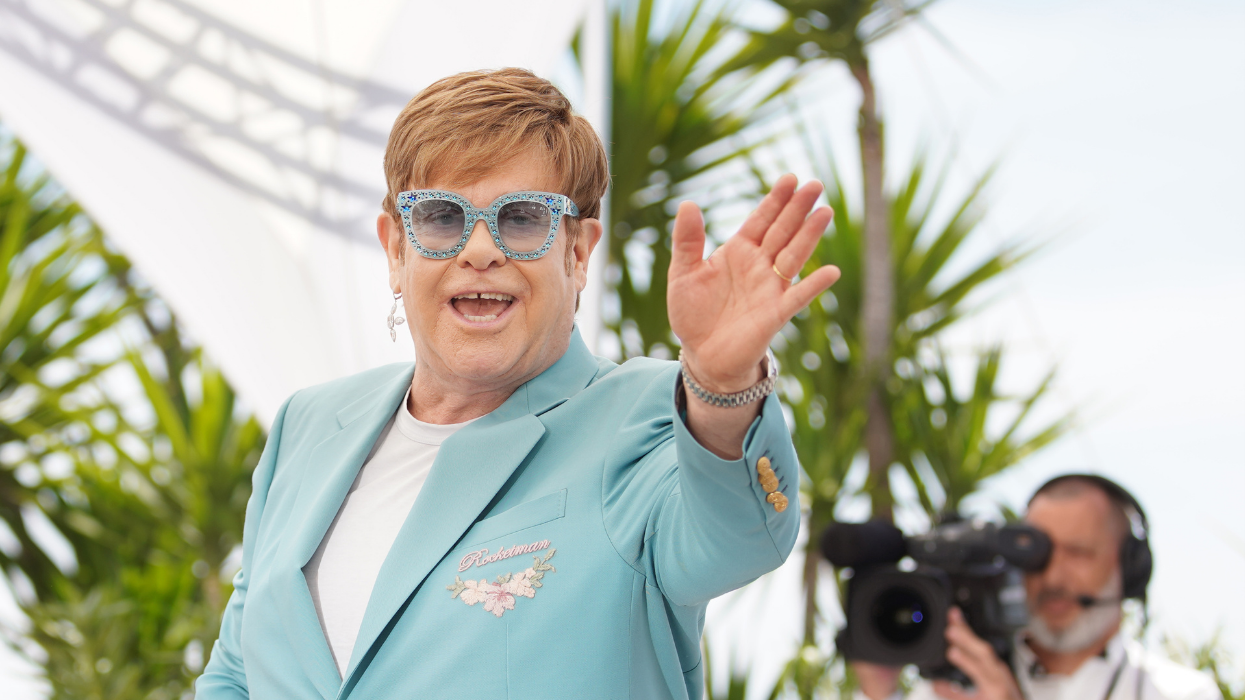
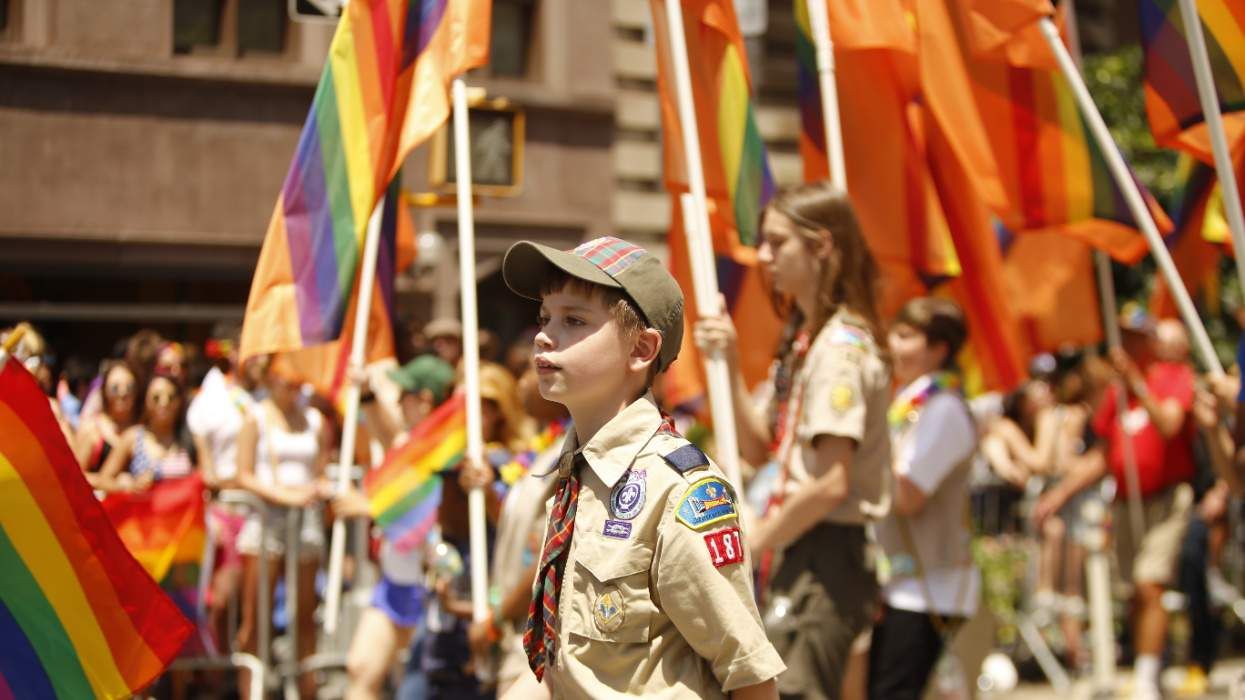
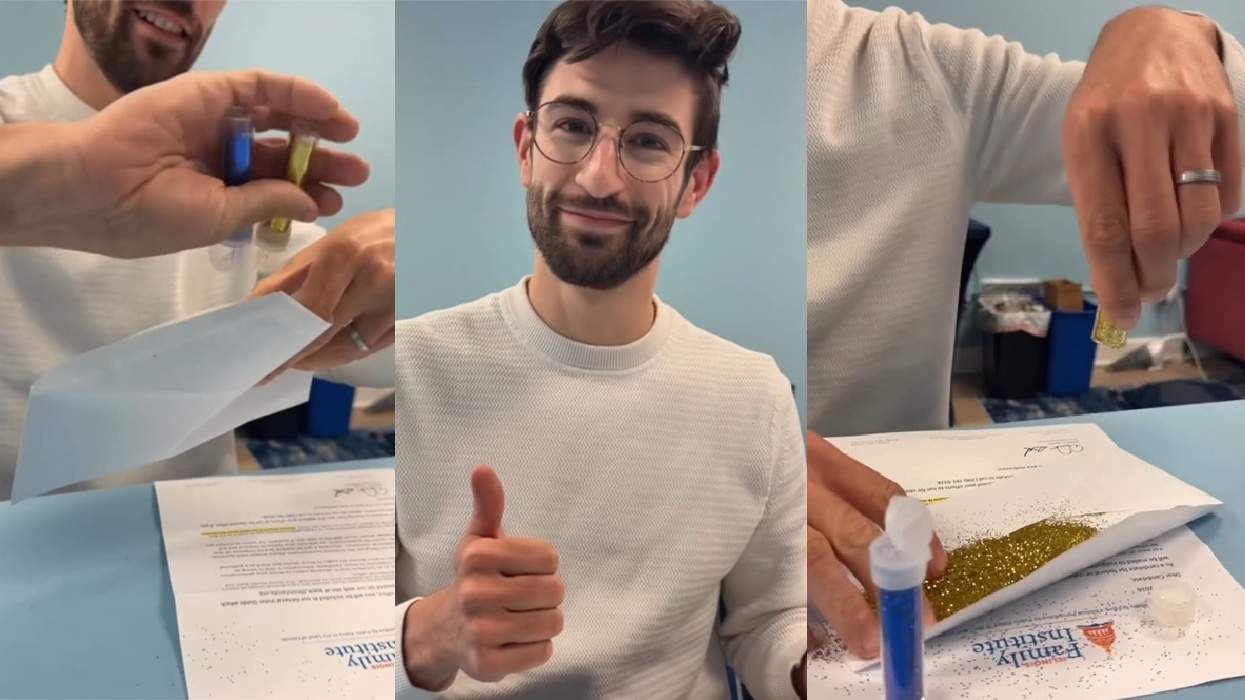
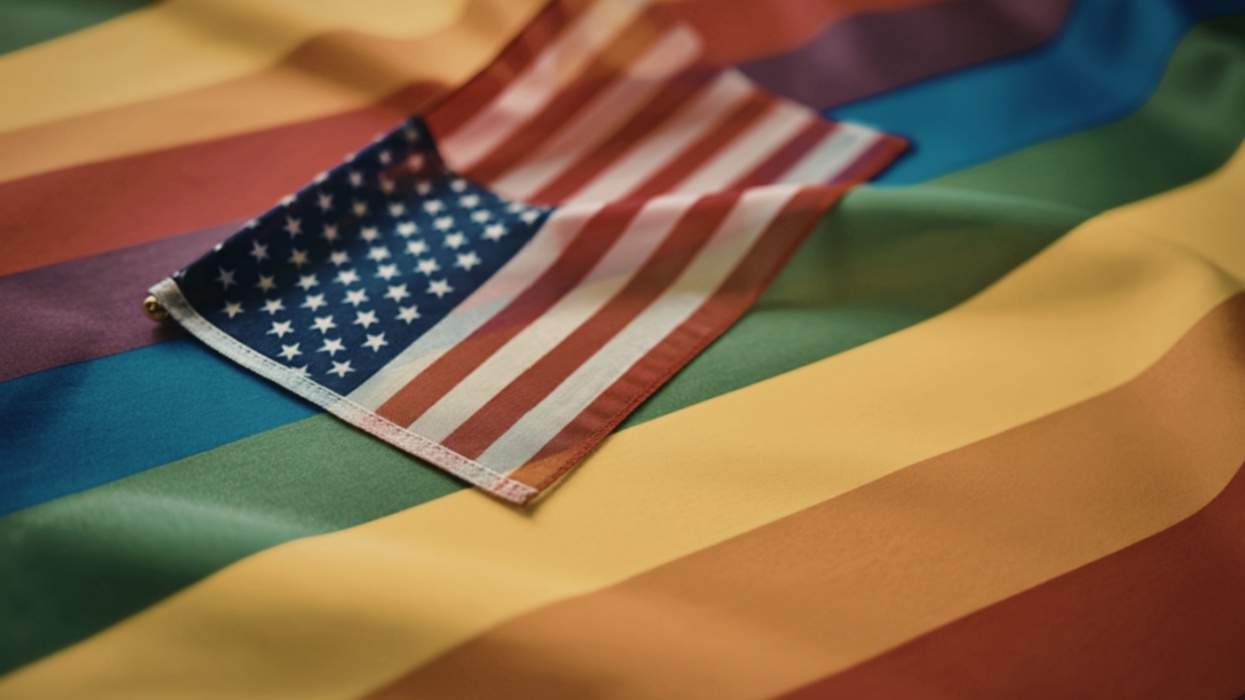
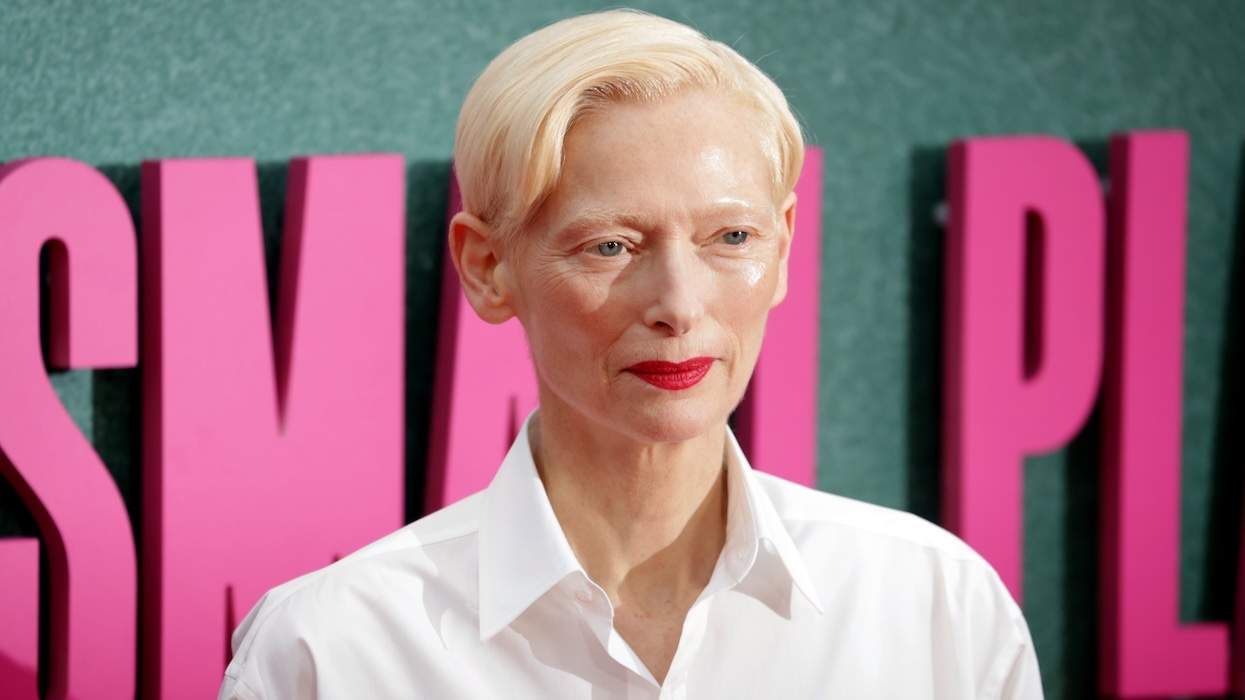
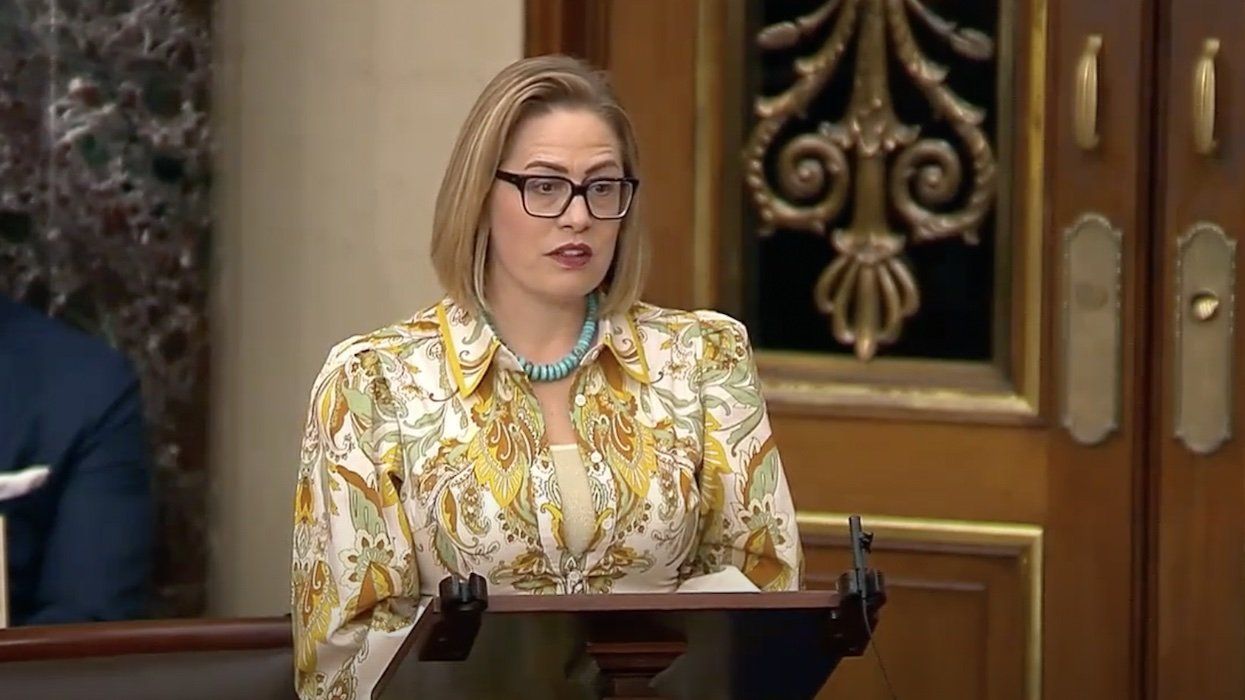
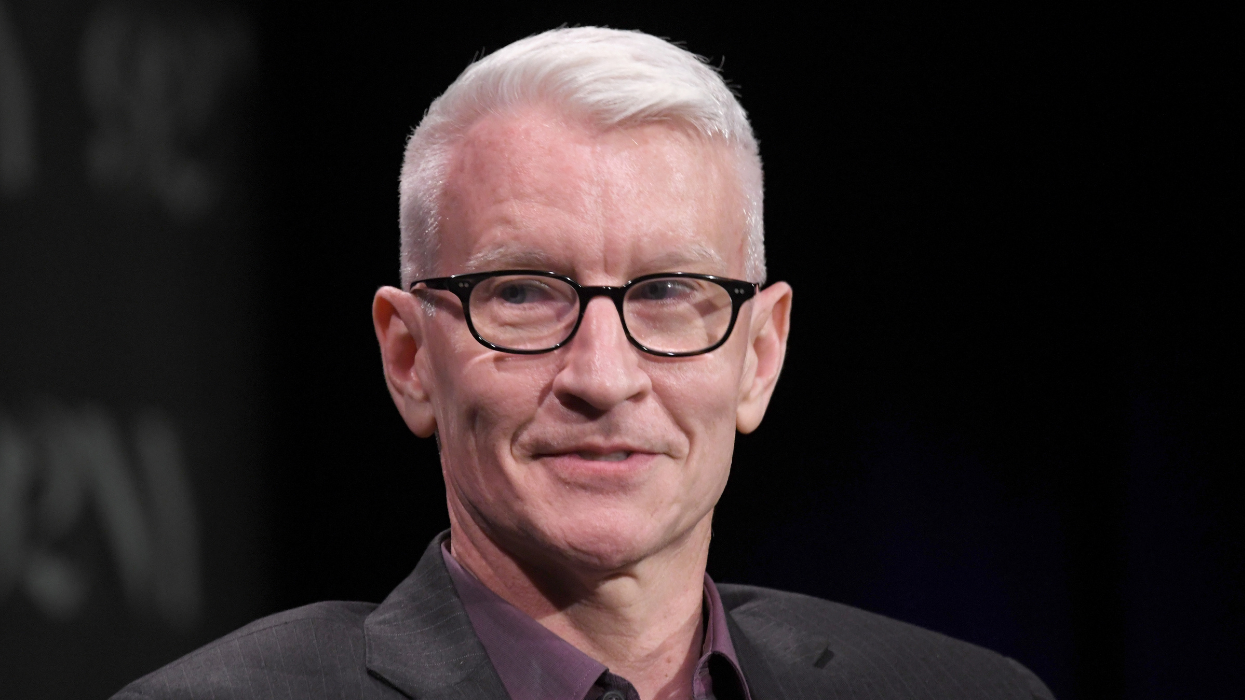
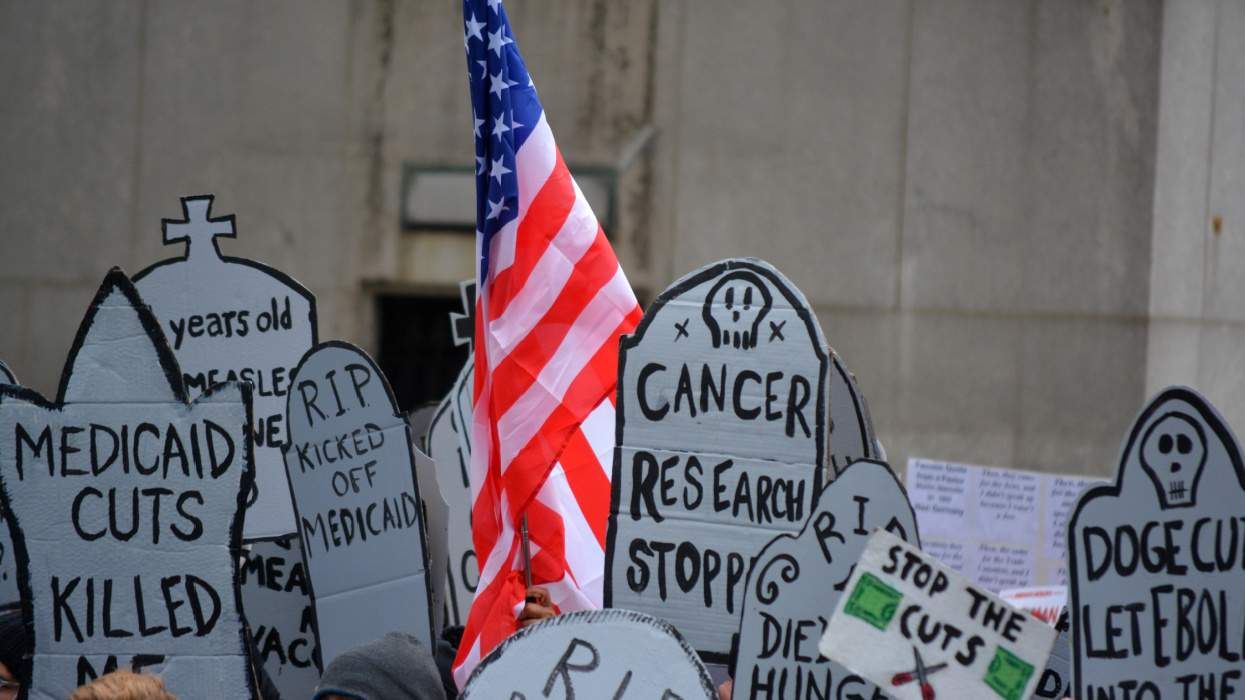
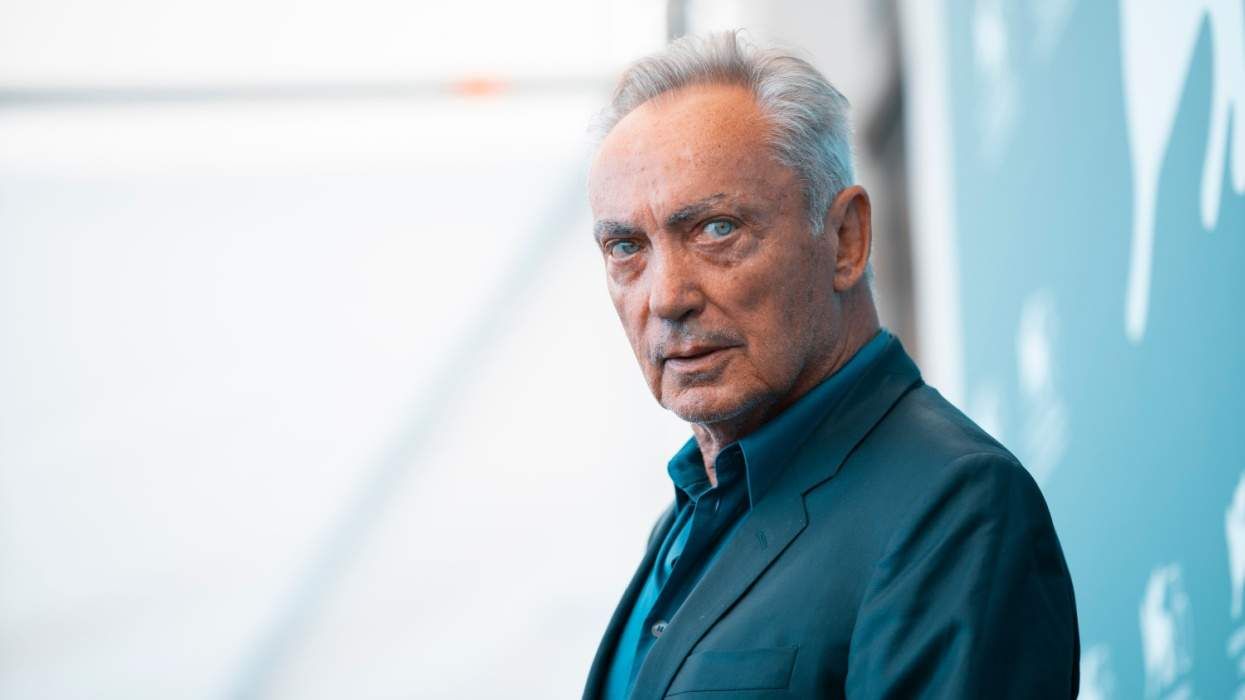
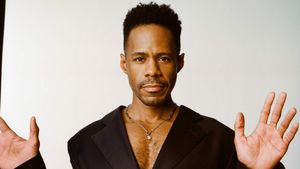



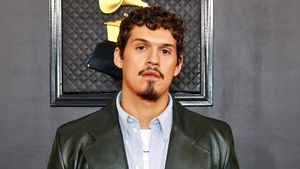























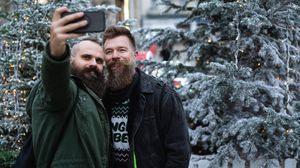

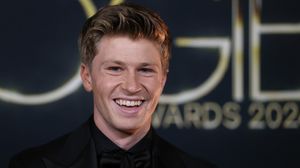










Charlie Kirk DID say stoning gay people was the 'perfect law' — and these other heinous quotes